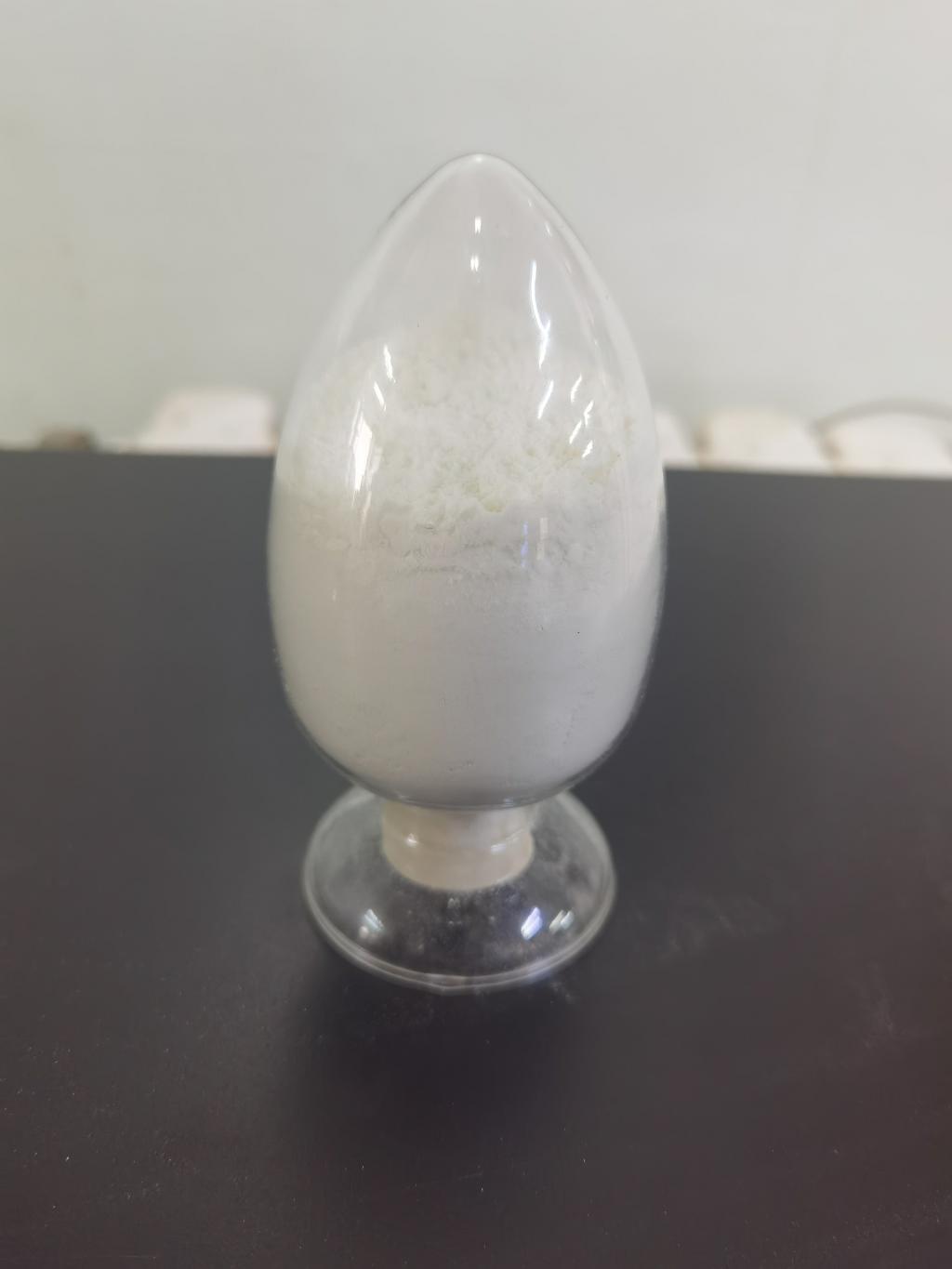Tel:+8618231198596

News
 CONTACT
CONTACT
 CONTACT
CONTACT
- Linkman:Linda Yao
- Tel: +8618231198596
- Email:linda.yao@dcpharma.cn
- Linkman:CHARLES.WANG
- Department:Overseas
- Tel: 0086 0311-85537378 0086 0311-85539701
News
ε-Polylysine Hydrochloride's Role in Ensuring Safety in Street Food and Informal Markets.
TIME:2023-11-06
Introduction
Street food and informal markets have long been a culinary tradition in many regions of the world. These settings offer a rich tapestry of flavors, aromas, and experiences, reflecting local culture and heritage. However, the safety of street food and informal markets has been a subject of concern, as the conditions and practices in these environments often differ from those of regulated food establishments. Ensuring the safety of street food is essential for preserving these traditions while safeguarding public health. ε-Polylysine hydrochloride, a natural antimicrobial agent, has the potential to contribute significantly to the safety of street food and informal markets. This article examines its role in addressing safety concerns, its mechanisms of action, regulatory status, and its ability to preserve the authenticity and cultural significance of street food while ensuring consumer well-being.
Street Food and Informal Markets: A Culinary Tradition
Street food and informal markets offer a vibrant and diverse food culture, showcasing local culinary traditions and regional specialties. These settings create a unique atmosphere where food is prepared and enjoyed on the spot, often in open-air or temporary stalls. While they provide opportunities for experiencing an array of flavors and dishes, they also present challenges related to food safety.
Challenges in Street Food and Informal Markets
Street food and informal markets face several challenges that can impact food safety:
3.1 Hygiene and Food Handling
Limited access to sanitation facilities and improper food handling practices can contribute to foodborne illnesses. Street food vendors may face challenges in maintaining clean cooking and serving conditions.
3.2 Temperature Control
Controlling food temperatures can be difficult in street food settings, leading to the potential growth of harmful microorganisms in food products.
3.3 Cross-Contamination
Cross-contamination of food products, utensils, and surfaces can occur more easily in crowded and unregulated environments, increasing the risk of foodborne pathogens spreading.
ε-Polylysine Hydrochloride: A Natural Antimicrobial Agent
4.1 Structure and Source
ε-Polylysine, often referred to as ε-PL, is a naturally occurring antimicrobial agent derived from Streptomyces albulus. It is formed through the polymerization of L-lysine molecules linked by ε-amino and α-carboxyl groups. This biopolymer exhibits a strong cationic charge that enables it to exert antimicrobial effects.
4.2 Mechanism of Action
ε-Polylysine hydrochloride primarily acts through electrostatic interactions with negatively charged microbial cell membranes. By binding to the cell membrane, ε-Polylysine disrupts its structural integrity, causing cell lysis and microbial inactivation. This mode of action makes ε-Polylysine an effective natural preservative against various microorganisms, including bacteria and fungi.
Enhancing Food Safety in Street Food and Informal Markets
ε-Polylysine hydrochloride can play a vital role in enhancing food safety in street food and informal markets by addressing specific challenges:
5.1 Preservation of Food Quality
ε-Polylysine can help preserve the quality of street food by inhibiting the growth of spoilage microorganisms, preventing food from spoiling too quickly, and maintaining sensory attributes.
5.2 Inhibition of Foodborne Pathogens
By effectively inhibiting the growth of foodborne pathogens, ε-Polylysine reduces the risk of foodborne illnesses and contributes to the safety of street food.
5.3 Extended Shelf Life
Extending the shelf life of prepared foods is vital in street food settings. ε-Polylysine helps prolong the availability of food products, reducing waste and enhancing food security.
Regulatory Considerations
The use of ε-Polylysine hydrochloride in food applications is subject to regulatory oversight in many countries. It is generally recognized as safe (GRAS) in the United States and has received regulatory approval in other regions, such as Japan, South Korea, and China. Compliance with regulatory standards ensures the safety and efficacy of ε-Polylysine hydrochloride in street food and informal markets.
Sustainability and Cultural Preservation
Preserving the authenticity and cultural significance of street food is crucial. ε-Polylysine hydrochloride can contribute to this goal by extending the shelf life of traditional dishes, allowing them to be enjoyed by a wider audience and promoting food heritage.
Future Prospects
The future prospects of ε-Polylysine hydrochloride in enhancing food safety in street food and informal markets are promising. Continued research and development can explore innovative ways to integrate ε-Polylysine into food preparation and preservation practices. Its role in preserving the cultural significance of street food while ensuring safety aligns with the growing global interest in traditional and authentic culinary experiences.
Conclusion
Street food and informal markets hold a special place in global culinary traditions, offering unique and diverse food experiences. While they provide opportunities for cultural preservation and culinary exploration, food safety concerns have been associated with these settings. ε-Polylysine hydrochloride, a natural antimicrobial agent, can play a pivotal role in enhancing food safety in street food and informal markets. Its mechanisms of action, regulatory approval, and potential to preserve the authenticity of traditional dishes make it an invaluable tool in safeguarding public health while celebrating the cultural significance of street food. As street food continues to thrive, ε-Polylysine's contributions to food safety are poised to protect both consumers and culinary traditions.
- Tel:+8618231198596
- Whatsapp:18231198596
- Chat With Skype







